Natasha Hansen
Newly arrived Clinical Assistant Professor Natasha Hansen likewise brings an invaluable set of tools right to our doorstep. In fact, you could say that long before her sixteen years of explicit training, she had already begun to acquire a wealth of knowledge about the practice of clinical psychology, which she now generously and enthusiastically shares.
The daughter of a German mother and a Creole Cajun father who met living in India, Hansen grew up in Colorado, New Zealand, and Germany. While encountering people and places from three continents itself sparked an interest in psychology, it is also no accident that her father was a psychotherapist interested in mindfulness-based therapy, who traveled around the world leading trainings in this form of therapy and was an instructor of mindfulness-based therapeutic approaches at a Buddhist university, “long before mindfulness became hip.” She describes growing up in a milieu where “most of my parents’ adult friends, who would be over for dinner, would be talking about psychotherapy, especially mindfulness-based approaches.” Later on, as she charted her own course through the disciplines of psychology and neuroscience, Hansen would study and train in the delivery of empirically-supported mindfulness-based therapies, including mindfulness-based cognitive therapy, acceptance and commitment therapy, and dialectical behavioral therapy.
Hansen’s formal study of psychology and neuroscience began at Smith College, where she received her bachelor’s degree in psychology. She went on to three years of predoctoral training at Massachusetts General Hospital and Harvard Medical School in Boston. For two of those years, she worked in a psychiatric neuroimaging lab on a project to develop and disseminate protocols for identifying good-quality neuroimaging data. In her third year at the hospital, she became a clinical research coordinator at the Center for OCD and Related Disorders. There she worked on a number of clinical trials, helping to collect and analyze data, and take care of the many tasks that go into the organization of such intricate and long-term clinical research projects.
From there she began a dual Ph.D. program in clinical psychology and neuroscience at the University of Colorado at Boulder, studying the mechanisms underlying different emotion regulation strategies and how those strategies interact with health-impacting behaviors, such as mindfulness practices and substance use. She worked on a large-scale clinical trial comparing two different evidence-based treatments for alcohol use disorder, a cognitive-behavioral therapy-based treatment and a mindfulness-based treatment. Her dissertation looked at the neurocognitive mechanisms underlying online mindfulness-based cognitive behavioral therapy for depression, a project aimed at finding ways to increase access to care for what is now a leading cause of disability worldwide, at a time when access to high-quality care is too scarce to meet the rising need.
In the years during and immediately after graduate school, Hansen has worked with a variety of clinical populations. She worked in the Boulder community at a bipolar disorder clinic for underserved and low-income individuals with little or no access to health care – which she calls “an incredible and rewarding experience.” She completed her predoctoral clinical internship at the San Francisco VA Medical Center, working with Veterans. This involved working with individuals with severe mental illness, emotion dysregulation, suicidality, substance use, and self-harm behaviors using an intensive form of therapy as part of the Dialectical Behavioral Therapy Team. She also worked in the Transgender Health Clinic at the San Francisco VA, as well as a Couples and Family Therapy Team. She then moved south to Palo Alto, CA, to complete a postdoctoral fellowship, dividing a year of intensive clinical practice in the hospital between working with the high-performance athletes on Stanford University’s Varsity Student-Athlete Treatment Team, and in the LGBTQ+ and PTSD clinics.
“It’s been a real privilege to learn from all of these different client populations and treatment experts,” she reflects.
She now stands ready to bring this training and experience to new generations of students, those who will be charting their own courses through the elusive, yet ever-expanding science of clinical psychology, where many urgent questions persist, and public health is in the balance.


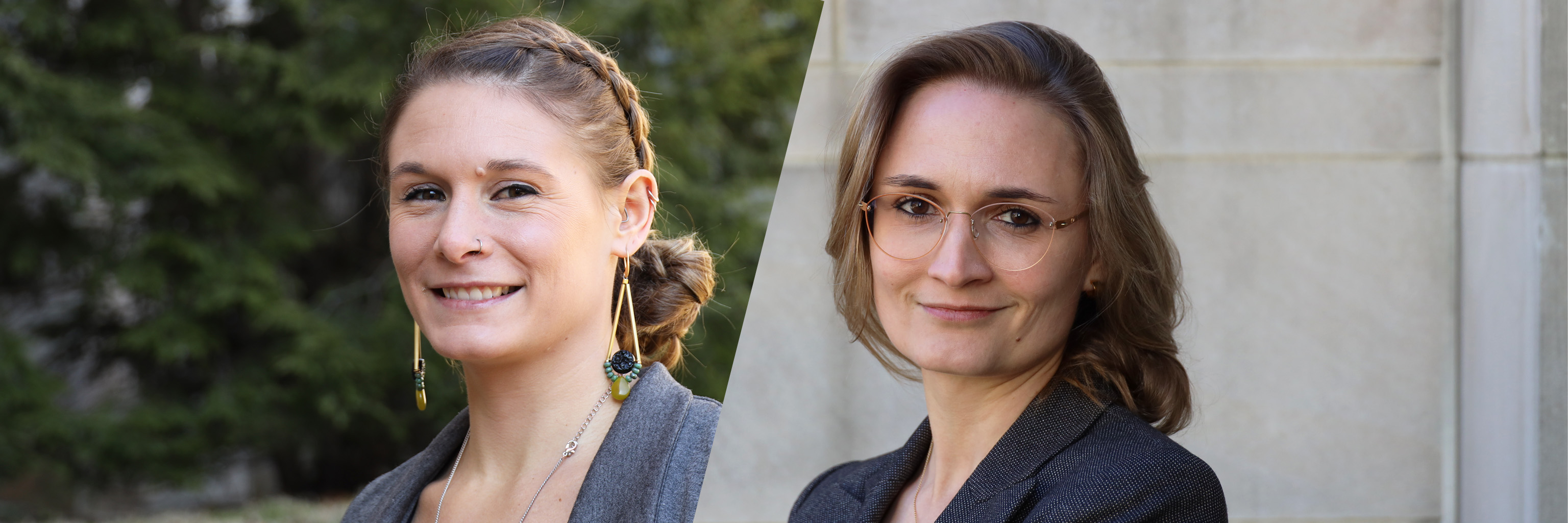
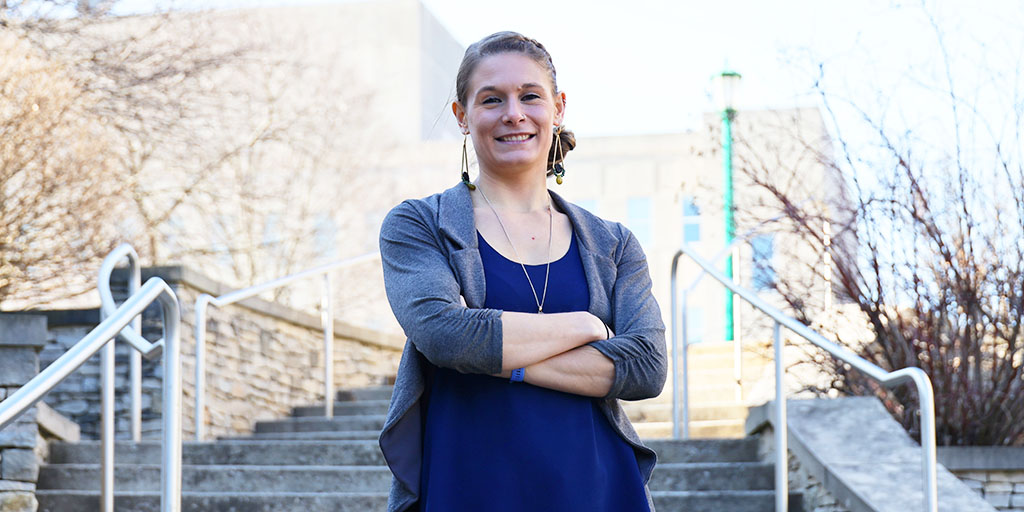
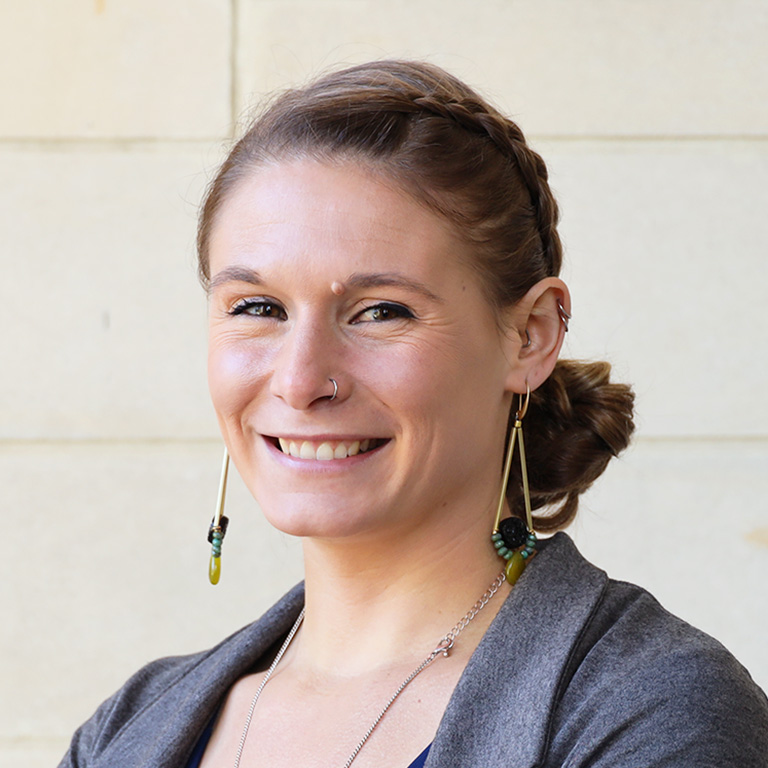
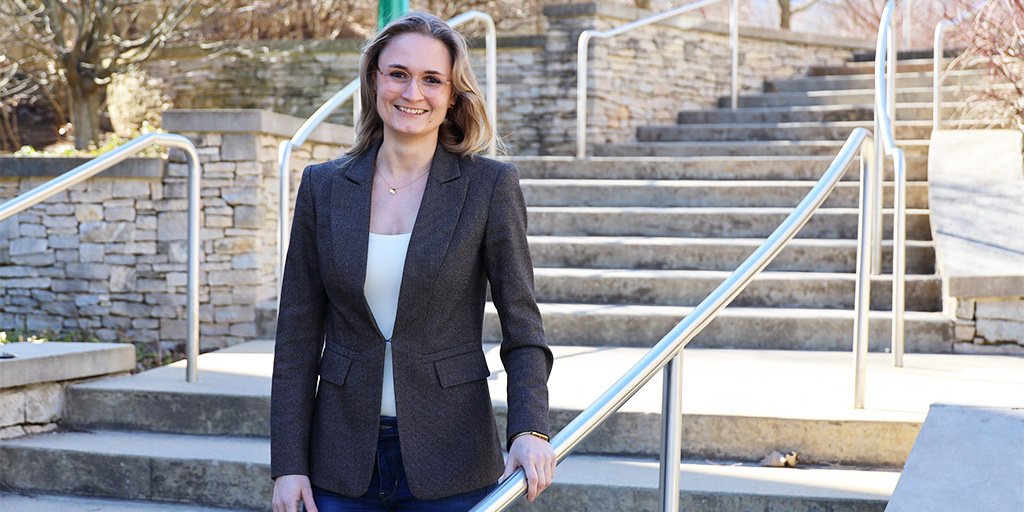
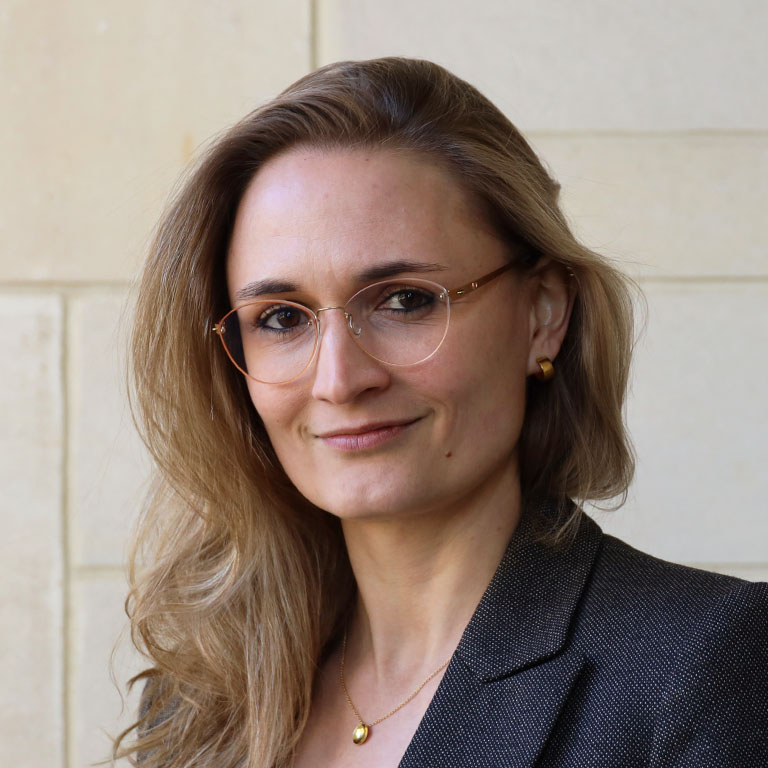
 The College of Arts
The College of Arts